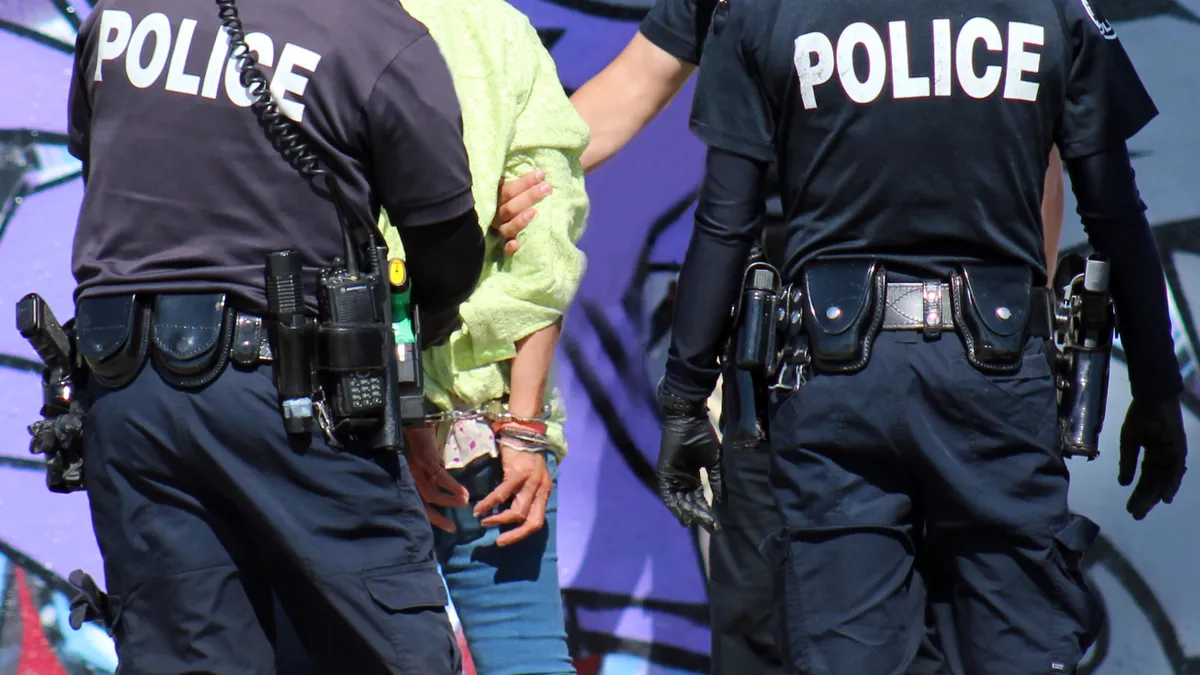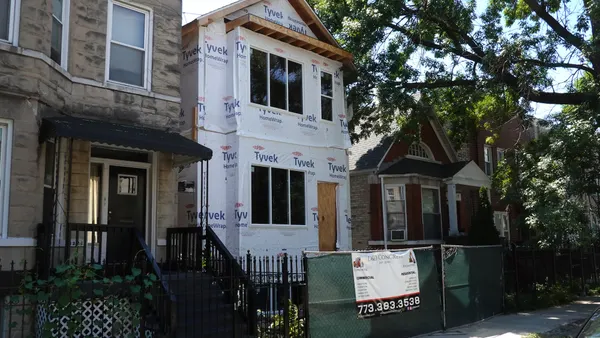Dive Brief:
- A bill introduced in the House of Representatives would prevent federal agencies from arresting, ticketing or otherwise criminalizing people experiencing homelessness for conducting “life-sustaining activities” such as accepting or soliciting donations or occupying a lawfully parked vehicle on public lands.
- The Housing Not Handcuffs Act of 2025 was introduced in June by Reps. Pramila Jayapal, D-Wash., and Maxwell Frost, D-Fla., one year after the Supreme Court’s Johnson v. Grants Pass decision, which opened the doors for cities to arrest or fine people for living in homeless encampments.
- “By criminalizing aspects of homelessness, cities and states across this country are only creating greater barriers for people to access housing — something that is already far too scarce,” Jayapal said in a statement. “Fining people who already can’t afford to live makes no sense and will only result in longer-term homelessness.”
Dive Insight:
Since the Grants Pass ruling, more than 320 ordinances criminalizing homelessness have been introduced in cities across the U.S., and nearly 220 have passed, according to the American Civil Liberties Union.
The movement to criminalize homelessness comes as the nation experiences record numbers of people experiencing homelessness in nearly all demographics. Linked to the surge is a dearth of affordable housing, which has grown increasingly out of reach in the U.S.
Gov. Gavin Newsom of California, which has the largest population of unhoused people in the country, has urged cities in the state to criminalize homeless encampments.
“There’s nothing compassionate about letting people die on the streets,” Newsom said in May. “The time for inaction is over. There are no more excuses.”
The Trump administration also joined the effort with a July 24 executive order to “remove vagrant individuals from our streets” and prioritize federal funding for localities that enforce anti-homeless laws.
Others — like Reps. Jayapal and Frost — see criminalization efforts as the continuance of “a vicious cycle.”
“These policies don’t solve homelessness — instead they dehumanize our unhoused, saddle them with criminal records, and make it even harder for them to find stable housing,” Frost said in a statement.
A recent study found that cities that implemented criminalization laws failed to see a reduction in homelessness.
“The results indicate that communities with and without these ordinances experience similar trends in rates of homelessness over time despite the increased costs placed on people experiencing homelessness,” according to the study, which was published in Policy Studies Journal.











